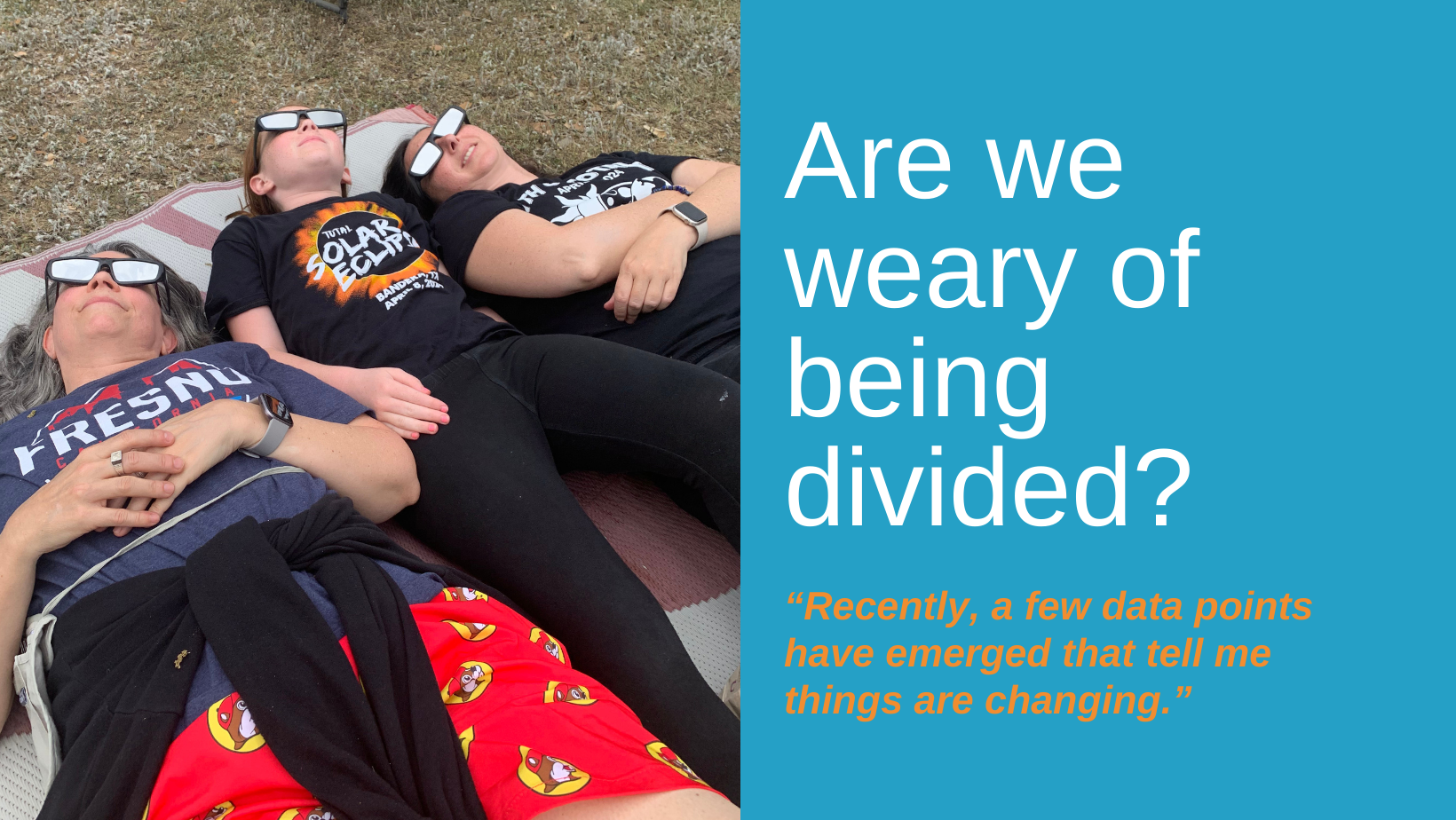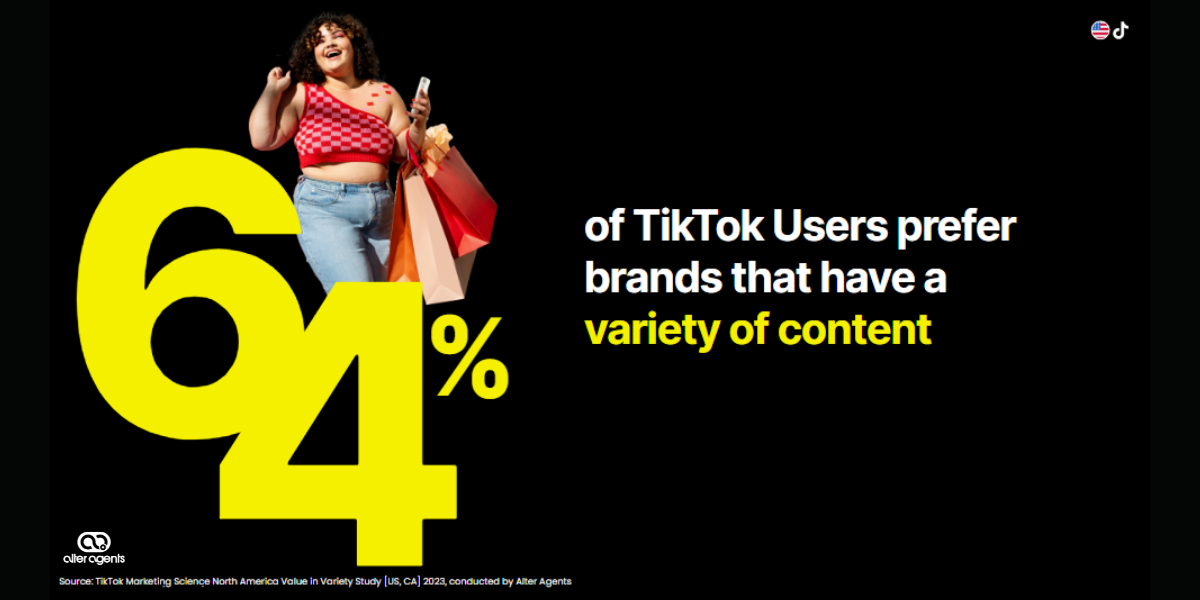
Why Brand Narcissism is a Threat to Your Business
The most reliable consumer insights that propel a business forward are those based on rigorous, well-planned market research. It makes sense: In order to get reliable results, your research needs to be conducted with a reliable methodology. There’s a lot that goes into that, and there are a lot of pitfalls that can lead otherwise excellent research astray.
Brand Narcissism is one of those pitfalls, and it’s common in the market research industry. It’s a research paradigm where the methodology focuses on the brand first, not on the consumers whom the brand needs to understand in order to succeed. The grounding perspective underpinning the project comes from the brand, not the buyer, and internal biases ruin the research.
Alter Agents CEO Rebecca Brooks wrote about this challenge in an article for Forbes, titled “Brand Narcissism: What It Is And How It Can Hurt Your Brand.” In it, she discusses the threat Brand Narcissism poses, how it divorces your research from reality, and how brands can save themselves and their bottom lines.
You can read more about the genesis of Brand Narcissism in our new book, Influencing Shopper Decisions: Unleash the Power of Your Brand to Win Customers.
The Threat of Brand Narcissism
The brand is not the most important player in any transaction, although some traditional “brand narcissistic” approaches assume this to be the case. In fact, the buyer is the most important element of any transaction because they are the one making the final decision on the purchase. They make that decision based on motivations and needs that can be simple or complex, on short time horizons or long ones, and with paths to purchase and information needs that change from category to category, and even over time for the same product. Not only are they important, but they are complicated and ever-changing. Collecting reliable information about them is difficult.
At the same time, businesses can make good, informed decisions if they’re acting on reliable information. That’s why it is so important to get market research right: the conclusions and recommendations researchers present carry a lot of weight because business success relies on thiem. When business leaders act on bad information, the consequences can be severe for the brand and for the people behind it.
But how do brands know if the research they’re doing is getting it right?
Identifying Brand Narcissism in Your Research
Have you ever taken a survey and thought to yourself, “Well, that depends…” when you try to answer a question? The problem isn’t that you couldn’t make up your mind. You didn’t have a straight answer because you were being asked a question that doesn’t have one. A good question that yields a good answer has to be written from the point of view of the person being asked, not the person doing the asking. It is much easier to answer the question “Are you happy with this product?” than it is to answer the question “How likely are you to buy this product in the future?” Well, for most people, that depends.
The hallmark of Brand Narcissism is a questionnaire that’s written from the point of view of the brand rather than its shoppers. It deals in hypotheticals about a brand, rather than actual past action by the shopper. Rebecca often explains Brand Narcissism by comparing the survey respondent’s experience with being on a date with a very insecure partner. Imagine sitting down to dinner and being peppered with questions:
- Why did you first decide to go out with me?
- Have you noticed me on social media?
- How would you describe me to your friends?
- What are my personality attributes? Which ones would you like me to have?
- Will you go out with me again?
And, the worst one of all:
- How do I compare to the other people you know about?
It sounds gross. But that is exactly what Brand Narcissistic research asks consumers when talking to them about brands:
- How did you hear about our brand?
- Did you see our brand’s advertising?
- Which of the following best describes our brand?
- Select the attributes below that best represent our brand.
- Would you recommend our brand to a friend?
- Would you be likely to buy this brand again?
How do we flip the script and produce reliable consumer insights?
Asking the Right Questions to Avoid Brand Narcissism
The first step is to put customer centricity in the center of your research. Reframe your projects, from the strategic scope down to the exact wording of the question, to think from the shopper’s perspective. If the questions sound like they came straight from a brand manager, the shopper isn’t going to see themselves in the research. Neither will your company’s decision makers.
Avoiding Brand Narcissism is a pillar of our Shopper Influence Research program. We start from a brand-agnostic framework and stop narcissism before it creeps in. If you don’t feel like you’re getting reliable insights and think your projects have a Brand Narcissism problem, we’re happy to help.
Thought Leadership Updates
Get updates in your email.






